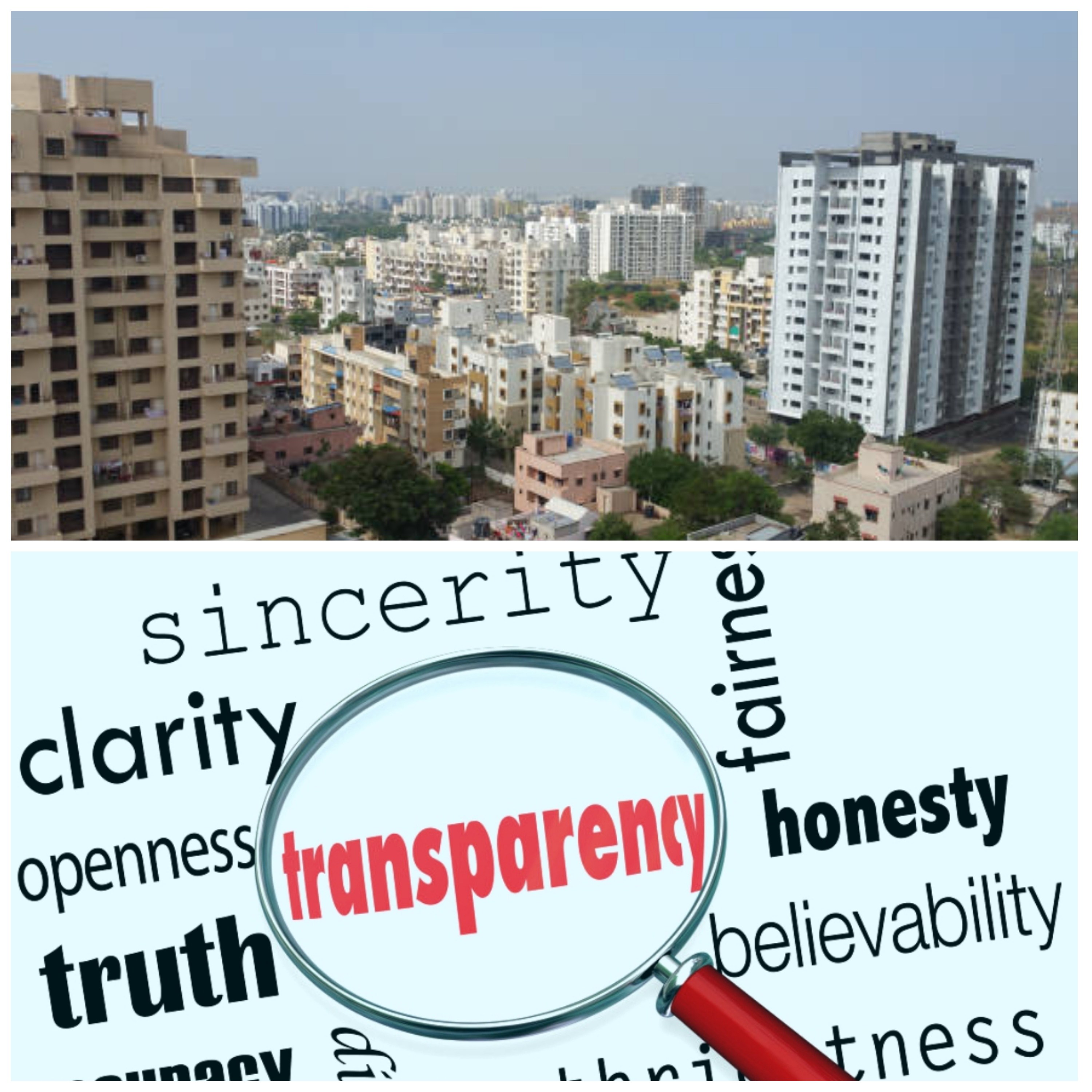Living in a city like Mumbai means dealing with limited space and housing challenges. In such a scenario, housing society managing committees play a crucial role in ensuring that residential complexes run smoothly. However, recent reports from Fact Newspaper Mumbai have shown a worrying trend – corruption within these committees. This corruption involves things like stealing money meant for maintaining the building and giving contracts to friends or family instead of to the best person for the job. It’s a serious problem that needs to be fixed urgently.
Managing committees in housing societies have important jobs. They are responsible for things like keeping common areas clean, managing money, and following rules for housing societies. But instead of doing these jobs honestly, some committee members are using their positions to benefit themselves. They’re taking money meant for fixing things in the building and using it for themselves, leaving the building in bad shape and making residents unhappy. This kind of behaviour breaks the trust between residents and committee members and makes it hard for people to live together happily.
In our attempt to understand the dynamics of integrity within housing societies, it is crucial to engage with residents. Their viewpoints shed light on the realities, challenges, and aspirations regarding transparency, accountability, and corruption-free governance within their communities. Through conversations with diverse stakeholders, we aim to capture the nuanced perspectives and experiences that shape the essence of housing societies.
Housing society is a modern institution, a democratic platform. It must be corruption-free, transparent, and accountable to its members as desired by them. This correspondent viewed officials and members of the residents.
So, I had a conversation with few people about managing committee.
Mr. Sharma, a long-standing resident, emphasised, Transparency is crucial for building trust among residents. Over the years, I have observed the significance of clear communication and access to information in ensuring that decisions are made in the best interest of the community. However, there is still room for improvement in terms of accountability. We need mechanisms in place to hold officials accountable for their actions and ensure that resources are utilised efficiently.
Ms. Patel, a young professional, expressed, As a newcomer to the housing society, I appreciate the democratic principles that govern our community. However, I have noticed instances where transparency is lacking, especially concerning financial matters and decision-making processes. It is essential for the management to be more open and inclusive, allowing all residents to participate and have their voices heard.
Mr. Malhotra, a member of the management committee, stated, Maintaining integrity within the housing society is a collective responsibility. While transparency and accountability are essential, we also need to address the issue of corruption directly. Implementing strict measures to prevent corruption, such as regular audits and whistleblower protections, is crucial in upholding the trust of our residents.
Mrs. Nayal, a concerned parent, emphasised, As a parent, safety and security are my top priorities. I believe that integrity within the housing society extends beyond financial matters to include ensuring the safety of residents, especially children and the elderly. The management should prioritise investments in security infrastructure and enforce rules to create a secure living environment for all.
In my conversation with an ex-MC member, who is a director at a multinational company in Bangalore, I tried to understand why there are trust issues with the Managing Committee. He mentioned that in their small society of 175 flats, lack of communication is a major reason. Additionally, he highlighted that only around 10% of residents attend the Annual General Meetings (AGMs), which contributes to the lack of trust.
One of the problem as a member of the MC is the lack of awareness about housing rules. If the residents were more aware of the rules, these problems could be minimised.
I spoke with a resident who lives in Kandivali and is currently in a dispute with the Managing Committee (MC). When I asked about the issue, he said that when they bought their home, the MC sent them a fake and forged notice regarding illegal construction, which was not related to their flats. When they raised their voice against this, the MC started threatening them, saying they wouldn’t be given membership, and their nameplate wasn’t put up on the name board. He feels that once in power, the MC operates by their own rules.
I spoke with the Ex-Registrar of the S South Ward in Mumbai and asked Questions:
1) If a housing society committee misuses its power, what should be done?
The registrar said, if a housing society committee misuses its power, the following steps should be taken:
Gather evidence, first and foremost, you need to gather evidence for each wrongful act. This could be in the form of emails, letters, meeting minutes, or other documents that demonstrate the misuse. Maintain solidarity with members and take legal action and understand society rules. Together, these steps can help in combating corruption in housing society management.
2) Why don’t people complain to the registrar’s office?
He said, some complaints are made, but people don’t follow up after the complaint. He mentioned that there are several reasons. Firstly, everyone has busy schedules and works from 10 to 6, so they don’t have time to visit the registrar’s office. Secondly, nowadays people expect instant results, but the process takes time. This boosts the morale of the Managing Committee and allows them to act as they wish.
On October 23, 2023, the government launched a web portal (https://sahakarsamvadhousingfed.in/) where any housing society member can register complaints against the MC. There are 24 types of complaints commonly raised by housing society members, including issues related to share certificates, misappropriation or misapplication of funds, failure to conduct elections, and failure to convene general body meetings, among others.
Another problem is when committee members give jobs to their friends or family instead of choosing the best person for the job. This isn’t fair, and it means the building might not get the best services. It also creates a feeling of unfairness among residents.
The effects of corruption in housing society managing committees are serious. It’s not just about the money that goes missing – it’s about the trust and fairness that are important for people to live together peacefully. When people feel like their leaders are cheating them, they stop caring about what happens in their building. This can lead to even more problems in the future.
In conclusion, corruption in housing society managing committees is a big problem that needs to be fixed. By being open about how money is spent and making sure that committee members who break the rules face consequences, we can start to solve this problem. Residents also have a role to play by paying attention to what’s happening in their building and speaking up when they see something wrong. By working together, we can make sure that our homes are places where everyone feels safe, happy, and treated fairly.














